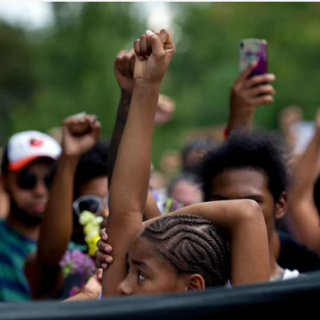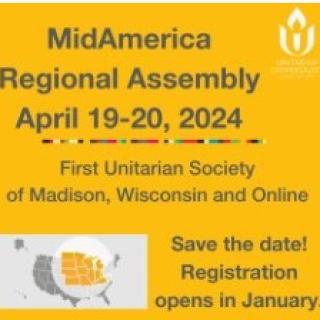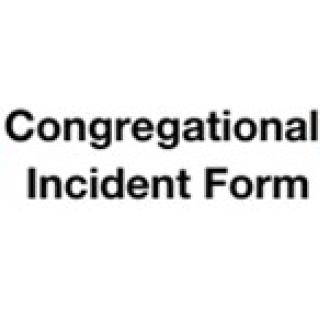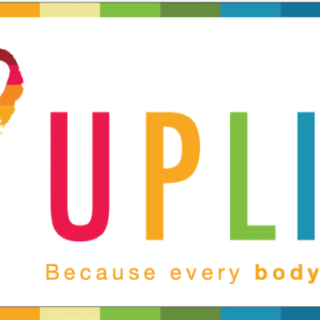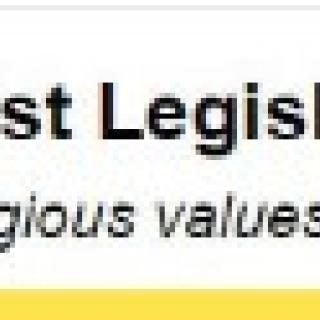Archive
Displaying 1 - 10 of 679.
-
Warmest wishes to the entire MidAmerica community!
December 11, 2023 | From MidAmerica News -
“A Call to Attention Liberation: To Build Abundant Justice, Let’s Focus on What Matters"
December 11, 2023 | From MidAmerica News -
The MidAmerica Region is coming together - both online and at the First Unitarian Society of Madison, WI on Friday, April 19 and Saturday, April 20 of 2024!
December 11, 2023 | From MidAmerica News -
Over the past couple of years, UUA Congregations and related organizations have seen an increase of threats and destructive incidences at our UUA congregations.
December 11, 2023 | From MidAmerica News -
Given the intensity of this current moment - not all of us are in a space for deepening our learning, or by communally consuming perspectives, coverage, or information; many among us simply need safe spaces in which to grieve, to rage, and to be held.
December 11, 2023 | From MidAmerica News -
Join UPLIFT gatherings for trans, nonbinary, and other not-entirely-or-at-all-cis UUs and friends of UUism.
December 11, 2023 | From MidAmerica News -
The UU Legislative Ministry in Maryland has developed a curriculum on "Gun Safe" Schools for UU Youth.
By Phillip Lund | December 11, 2023 | From MidAmerica News -
Lay Leaders Monthly Conversation and Small Congregation Check-Ins
December 11, 2023 | From MidAmerica News -
The UUA has introduced an online hub of connection, resources, and support for UUs dismantling racism.
By Phillip Lund | November 10, 2023 | From MidAmerica News -
In the past year, some states have targeted LGBTQIA+ children, youth, and adults with punitive legislation.
November 10, 2023 | From MidAmerica News



